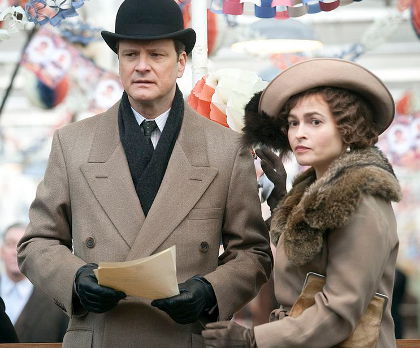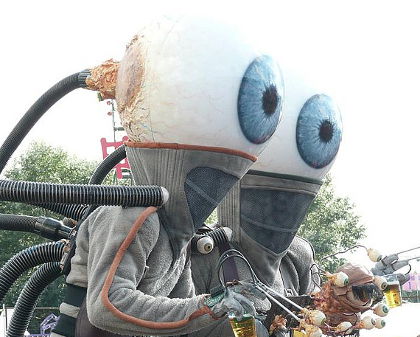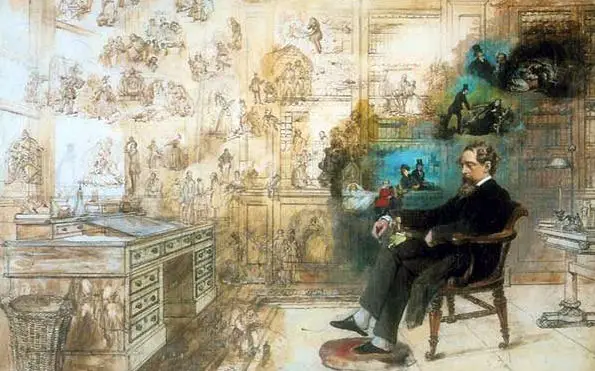Jonathan Dodd‘s latest column. Guest opinion articles do not necessarily reflect the views of the publication. Ed
There are lots of challenges if you set out on the rocky road becoming a writer. I’m not even sure whether I’ve become a writer yet myself. I have no idea how one is supposed to measure success. I’d definitely starve if I didn’t have the day-job.
There are the simple mechanical things you have to get right and understand, like grammar and sentence construction. You need to have a good vocabulary and relatively fast word-recall. Nothing kills a good thought like the inability to remember the word you need that nails it down. I had one of those just a moment ago, but I can’t remember what I was thinking about.
Every um and er
You have to remember to read what you’ve written before sending it out. Spellcheckers are useful, but there’s nothing that can replace eyeballing. Yet. You need to watch out for small traps, like reusing the same word too often in the same paragraph, and you need to make sure that you don’t make sentences too long, or too short. Unless it’s required contextually, of course.

You can’t allow yourself to be too realistic. If you added in every um and er and pause and non-sequitur that punctuates all verbal communication it would be unreadable. A clever writer knows how to suggest this without interrupting the flow.
A 53-year-old accountant who lives in Uttoxeter
Then there’s the tricky problem of inventing people. Nowadays you have to be careful. If you create a vicious murderer called Jack Smith, probably any real Jack Smiths out there won’t mind too much, at least not in a way that could cause you trouble. But if your murderer Jack Smith is a 53-year-old accountant who lives in Uttoxeter, and there really is such a person, he can sue you for everything you’ve got. And worse, he can get your book withdrawn.

Even if you avoid the trap of accidentally crossing your character’s wires with a real person, you’ve got to give them enough life so your readers can believe in them. How do you do that? Have we got all day? I try to say enough about them so the reader can anchor them to the story, and then I provide clues to their character with the things they say or do, so the reader can cover this thin skeleton with their own flesh-and-blood form and shape.
Stick rigidly to the rules you set up
The same goes for places, and interactions between your characters, and the storyline. If you try to copy real life nobody will believe you. You can point out that the event you describe was something that really happened, but the response will still be sceptical. You need to make sure that the universe you’re creating within your story is consistent with itself, and disregard any other reality.

I know some fantasy writers, and they tell me about the delight and hard work of inventing worlds. You can get away with anything, it seems, as long as you stick rigidly to the rules you set up. Many of them write a sort of catalogue, which contains all the rules and facts that exist in the world they’re imagining. You can let people fly, or make magic, or shape-shift, or do anything at all, as long as you don’t contradict yourself.
Leave MRRGH in that space-spider cave
I once went to see a late-night science fantasy film, full of strange aliens and worlds, none of which obeyed any known science or reality that we would recognise in our world. It was fun, and I loved it. But as I was walking out I overheard two people arguing animatedly, something like this:

“I’m telling you, FLUTR would never go off and leave MRRGH in that space-spider cave”
“No!” his companion replied. “Don’t you understand, his sense of power was damaged because he lost a limb in the fight with the THRLS, and MRRGH wouldn’t have been able to stand that!”
Shoeboxes full of manuscripts
Or some such. Part of me wanted to shout – “It’s just a story!”, but then I was filled with admiration for the writer (who started it all), because he or she created a world that these people could believe in and that engaged their emotions and empathy despite being so weird.

I actually have no idea how anyone manages any of this, even though I write stories and my novel shamefully sits unsubmitted in a cardboard box in my roof. I don’t worry about that though. The most successful published novelist I know wrote seven novels before a publisher gave her a contract, and I’ve met several others who admit to shoeboxes full of manuscripts on wardrobe floors and other weird storage solutions.
Feels like coming up for air
I can tell when a story works, because I lose myself in the gorgeousness of someone else’s invented world, and I can tell good writing when putting the book down feels like coming up for air. A good book has been reworked and revised to remove those moments when you can’t make sense of a sentence or something jars, and your head snaps up and you lose your thread. It seems to flow, and it feels effortless, and none of the sweat and angst and terror of the creative process is visible. Like First Night, when the months of rehearsal are forgotten.

So next time you read a book, hopefully you’ll enjoy it and lose yourself for a while. That’s what the writer wants. If you enjoy it, he or she will somehow know, across the network of invisible threads that crisscross all our lives and keep us connected.
If you have been, thank you for reading this.
Image: Public domain – uploaded by Magnus Manske under CC BY 2.0
Image: Gray Fox under CC BY 2.0
Image: Alan Murray-Rust under CC BY 2.0
Image: x1brett under CC BY 2.0
Image: gray_um under CC BY 2.0
Image: Solon under CC BY 2.0
Image: werkman/ under CC BY 2.0





